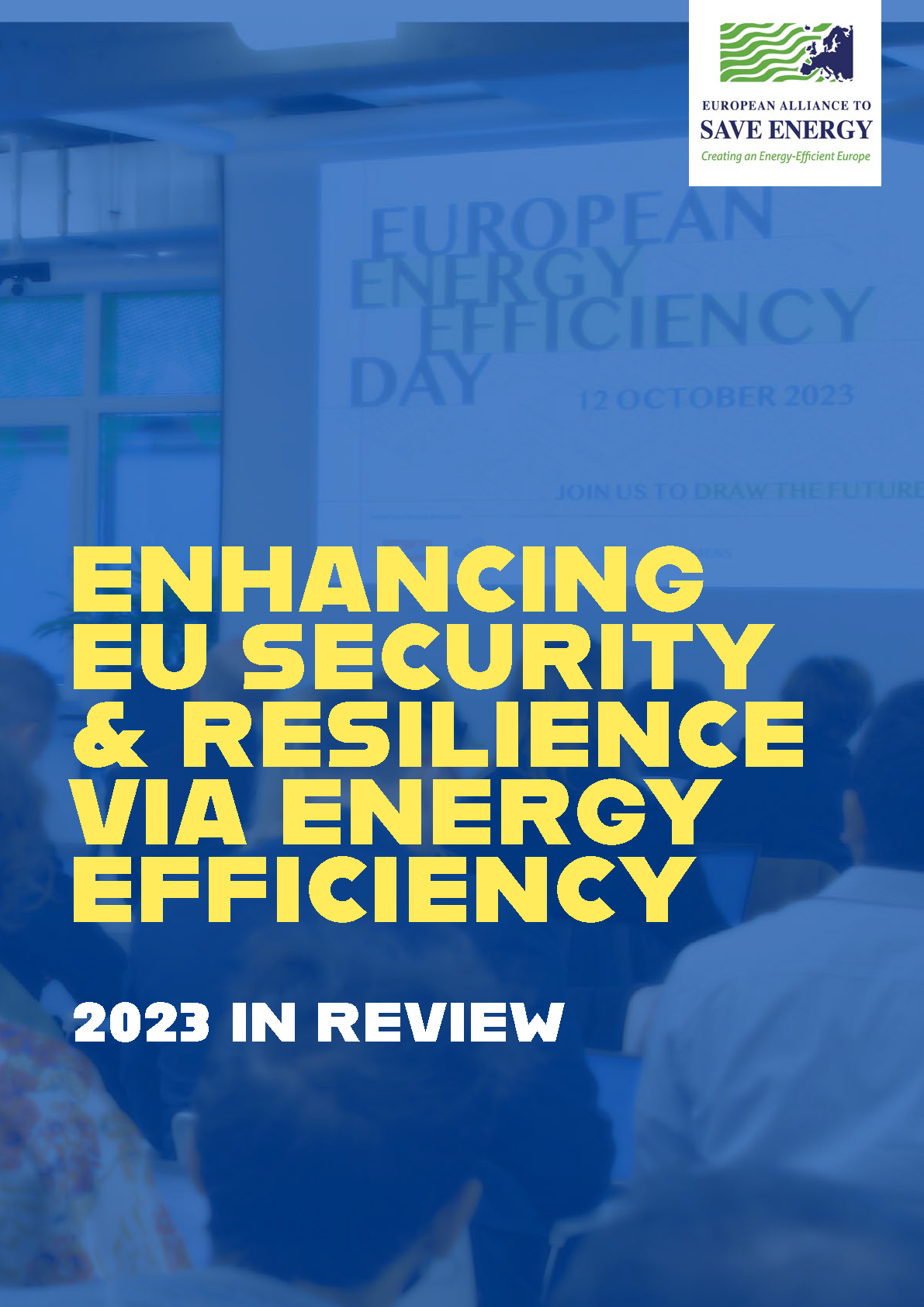EU-ASE Calls for energy and climate stability towards 2040

EU-ASE and over 300 companies and associations urge Europe’s leaders to secure long-term investment certainty by adopting a strong industrial, energy and climate framework for 2040.
Energy efficiency must be at the heart of this framework. It is the most cost-effective way to cut emissions, reduce dependency on energy imports and boost competitiveness. Setting ambitious energy efficiency targets will drive innovation, strengthen the cleantech sector and ensure a just and resilient energy transition.
Read the full joint statement here.




